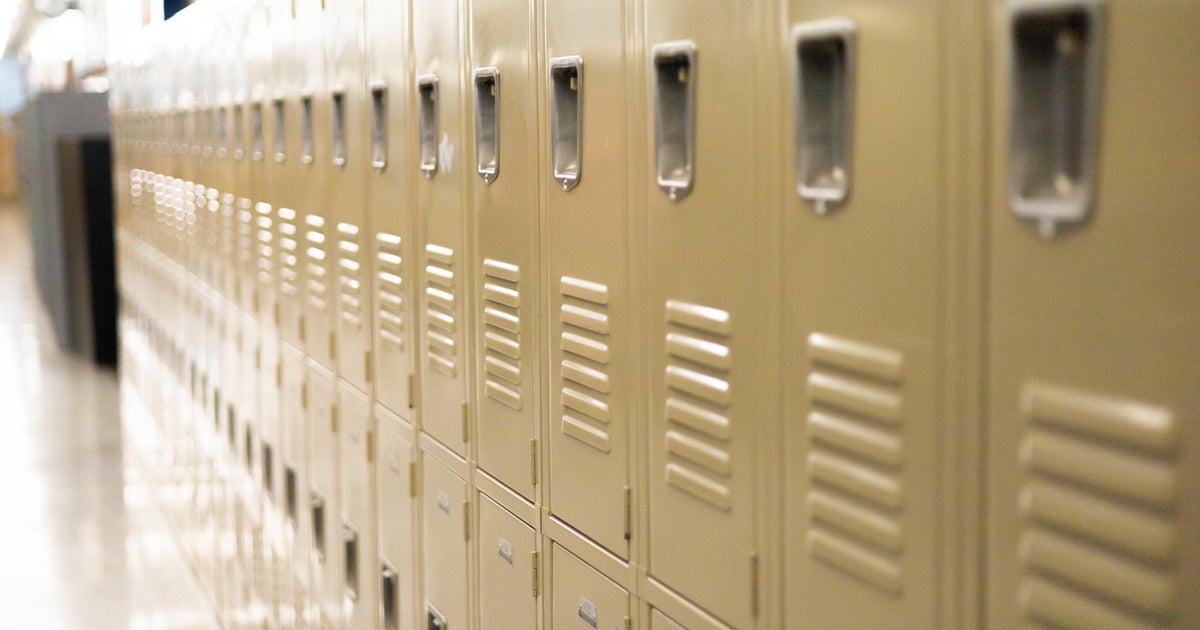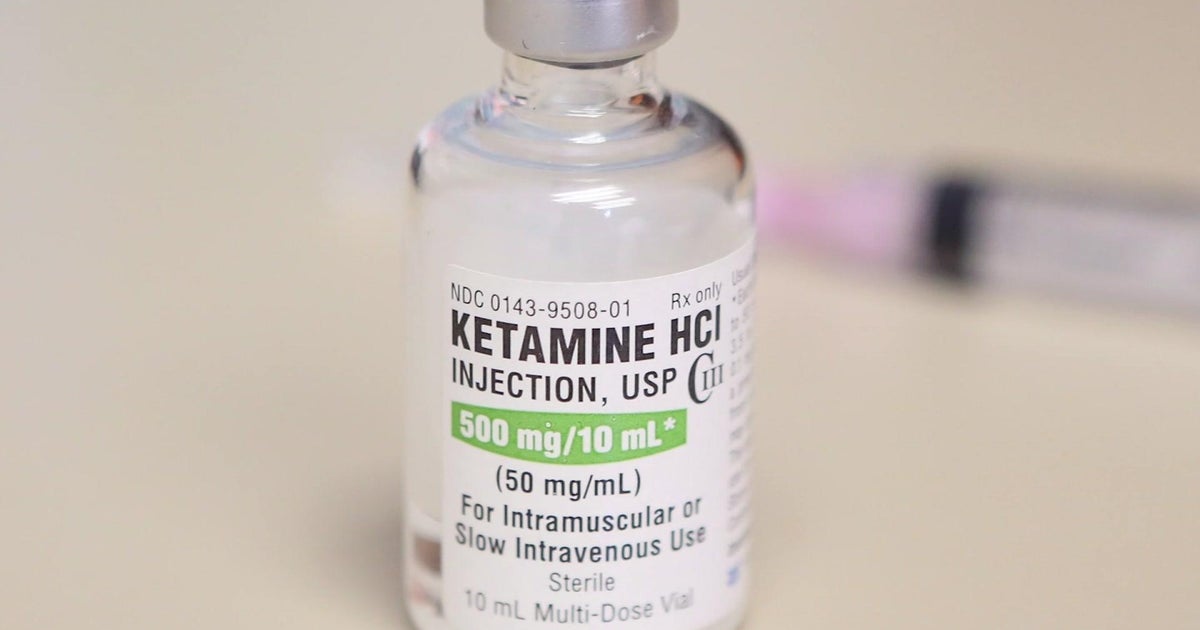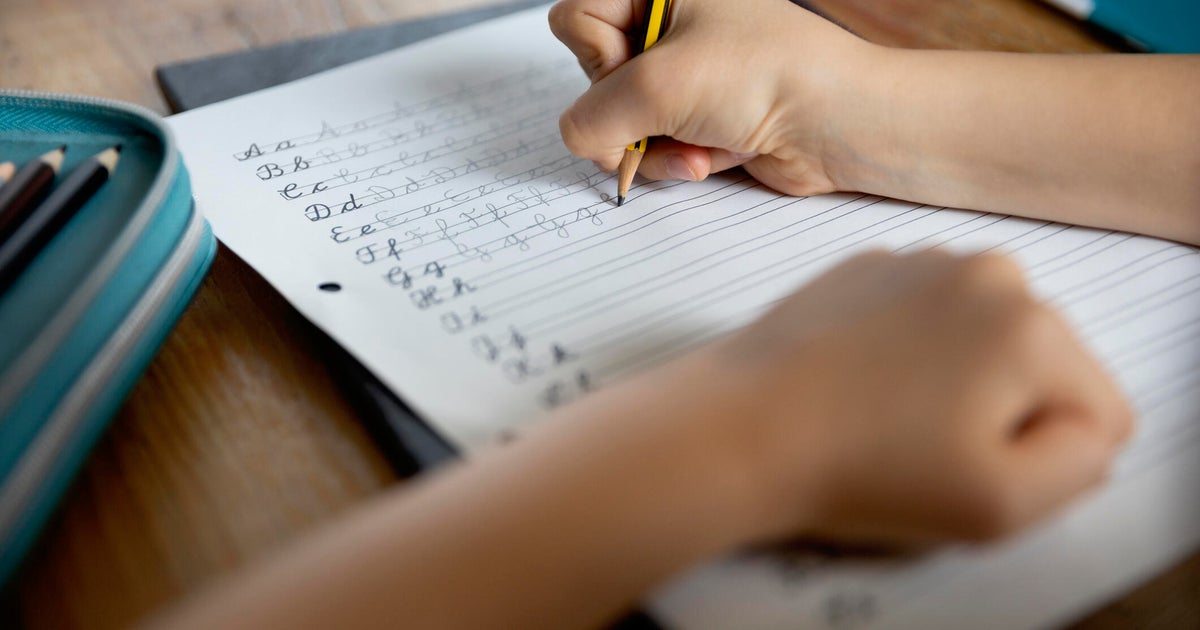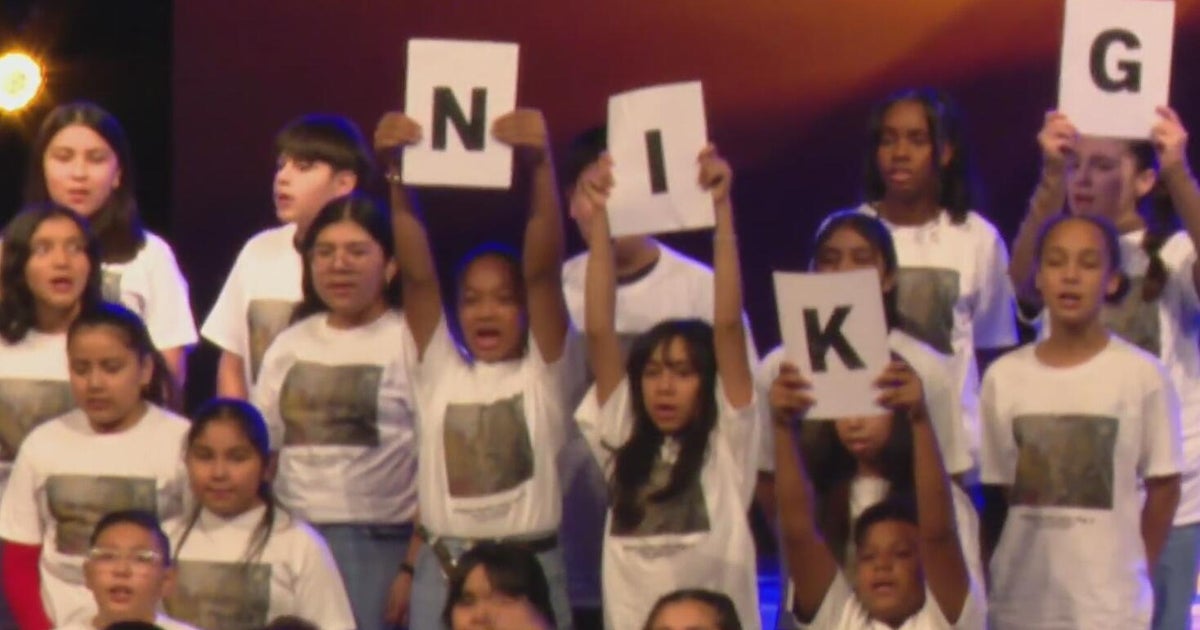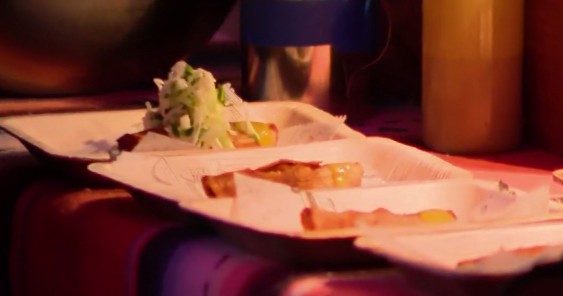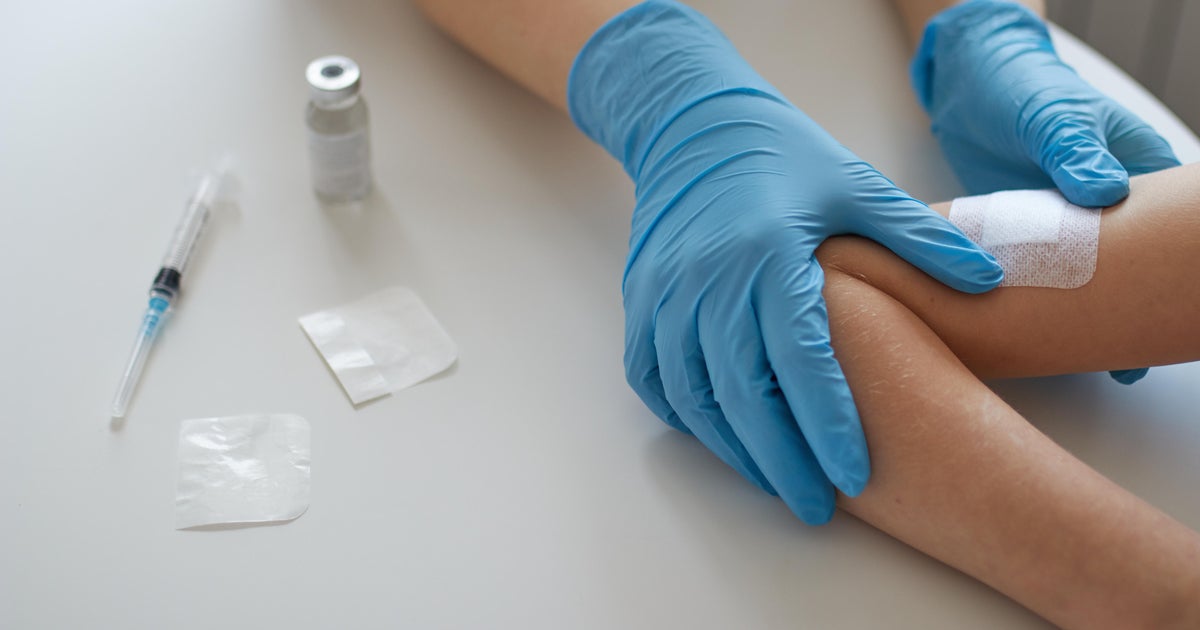America's youth mental health crisis: Peer counseling
Young people faced many emotions during the pandemic, with many experiencing feelings of persistent sadness and hopelessness. Some teens have stepped up to help each other through peer counseling.
Fear. Confusion. Isolation. Just some of the many emotions young people faced during the pandemic, when their lives were turned upside down and remote learning became the norm.
"That's when I really started to crumble. My grades were horrible. I was really in a depressive state," said Pomona High School student Jackie Castro. "I was sleeping all day, every day. I didn't have anything to do. I was just like a body, like a shell. I felt like I genuinely didn't really have anything to live for."
According to the Centers for Disease Control and Prevention, more than one-third of kids recently surveyed have feelings of persistent sadness and hopelessness.
"You know how eighth grade is usually that year where you start to mature? Like, I never got that," said Castro. "I remember we were driving to school, I had a panic attack in the car, like a quiet panic attack, I felt like I was going to throw up."
And to top it all off, when the need for therapists was at its greatest, a study from the American Psychological Association found that six in 10 psychologists had no availability for new patients.
The crisis was so dire that the U.S. Surgeon General recommended that teens step up to help each other. Some high schools already had programs in place. Pomona High School established its counseling program in the 1970s and has continued to expand and improve it to this day.
"As I got into peer counseling, we really realized that kids are talking to kids. And if they're talking to each other, I want them to be trained, and to know what to say, or not say," said Pomona High School Peer Counseling Teacher Sheila Balk.
What makes this program different is the rigorous interview process and time commitment. In order to participate, students receive four months of training before they are assigned clients, and they even go to classes on Saturdays.
"My kids are highly trained, they role-play, they practice, they have a competency role-play that they do in order to get certified," said Balk.
But these counselors understand their limitations. They never give advice.
"If you're hurting yourself, someone's hurting you or you're planning on hurting others, in situations like that, we have to tell Ms. Balk," said Pomona High School student Aileen Gaxiola. "And every session, we have to tell the client, 'I have to speak to my advisor.'"
Confidentiality also plays a crucial role.
"As much as it's difficult to say 'Oh Ms. Balk, so-and-so was you know, super-drunk and high at a party, I don't want to be a snitch.' No -- dude, you're saving somebody's life. Because in the last two years, we've had like four students overdose," said Balk.
And while this community is sometimes plagued by tragedy, not many seek help.
"We're still in a culture where guys can't cry, 'Man up,'" said Balk. "What I've seen a lot of is families saying 'What do you have to be depressed about? You've got clothes, you've got food, you've got a house, why are you depressed? Get over it.'"
But these students have learned the importance of emotional maturity.
"In furtherance of the program, it made me realize it's just a stereotype. Guys should have the right to be able to talk to somebody, communicate, have their emotions," said Pomona High student Alex Mejia.
Balk estimates that in her more than 25 years with the program, she has led at least 1,200 peer counselors, who have helped thousands.
"We fill the cracks," said Balk. "We're the sand that fills the cracks."
But the even greater legacy is how many of these counselors have sought or plan to seek a career in psychology.
"Seeing that I've been able to make changes in people's lives in a positive way has given me the courage to want to try out psychology," said Pomona High student Carmen Ayala. "People go to who they feel comfortable with. And who you feel comfortable with is people who look like you, people who speak like you, people who are the same people as you."
